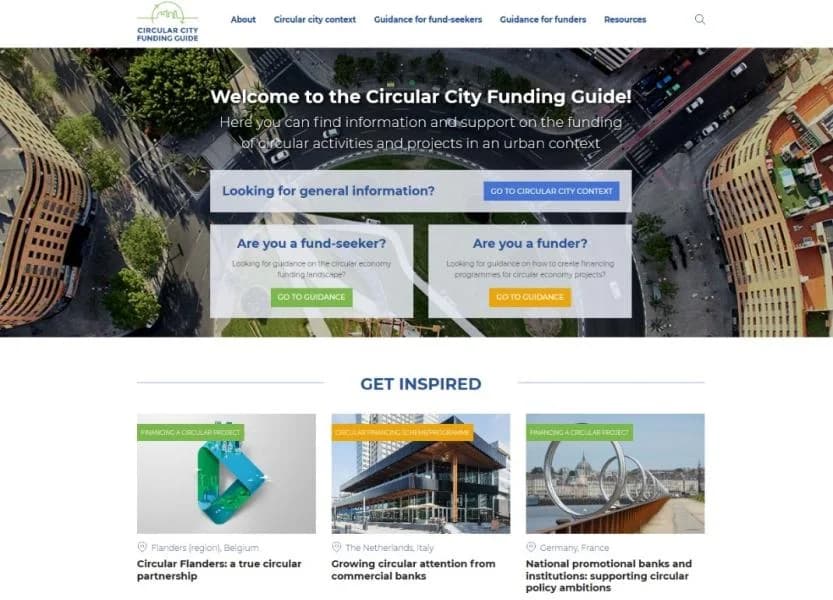AI-Generated Summary
Context and Purpose
The Circular City Funding Guide has been developed to assist municipalities, businesses, and urban stakeholders in creating circular cities. This guide aims to address the challenges associated with transitioning to a circular economy, which is becoming increasingly vital in urban settings. The publication emphasizes the potential benefits of circular economies in urban environments, highlighting the need for effective financing strategies to support various circular initiatives and projects.
Publisher and Development
This guide has been published by the Circular City Funding Guide initiative, which is part of the Urban Agenda Partnership for Circular Economy. The content was created with the collaboration of external service providers and experts from the European Investment Bank (EIB), funded by the European Investment Advisory Hub. The initiative was borne out of a recognized need among cities and institutions for broader dissemination of knowledge regarding funding for circular transitions in urban contexts.
Focus Areas
The guide primarily focuses on two key areas: first, it provides detailed information on available financing and funding sources for circular initiatives, including grants and subsidies; second, it offers guidelines for establishing funding programs aimed at facilitating the transition to a circular economy. The guide encompasses diverse financing types, such as debt, equity, and guarantees, which are crucial for supporting circular projects.
Addressing Funding Challenges
Despite the growing interest in circular projects among European cities, large-scale deployment has been limited. One significant barrier identified is the difficulty in accessing funding for these initiatives. The guide aims to share essential knowledge, best practices, and information on circular solutions, along with financing strategies for their preparation and implementation. It is designed to empower urban actors to overcome financial challenges and enhance the scalability of circular projects.
Knowledge Sharing and Community
The Circular City Funding Guide encourages sharing experiences, questions, and success stories related to the financing of circular economy initiatives through a dedicated LinkedIn group. This platform allows stakeholders to exchange insights and foster collaboration, further supporting the transition to circular cities across Europe. 🇪🇺 EU Support The production of this portal has been supported financially by the European Union. However, it is important to note that the views expressed in the guide do not necessarily reflect the official opinion of the European Union, underscoring the independent nature of the initiative aimed at promoting sustainable urban development.
